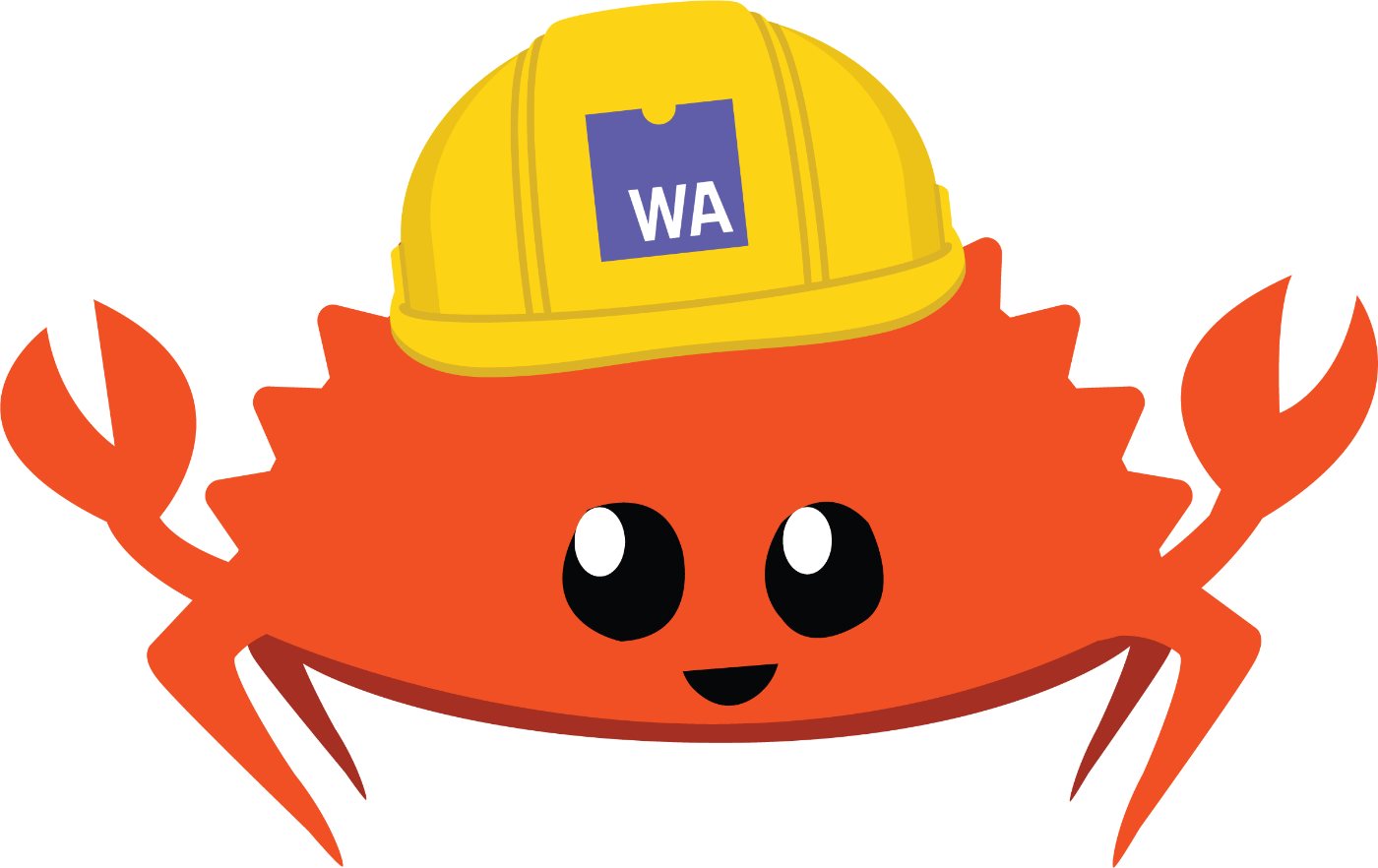240 reads
Getting Started with WASM on Docker
by
June 15th, 2023
Audio Presented by

Dev Advocate | Developer & architect | Love learning and passing on what I learned!
Story's Credibility

About Author
Dev Advocate | Developer & architect | Love learning and passing on what I learned!
Comments
TOPICS
Related Stories
Kotlin — A deeper look
May 28, 2017
